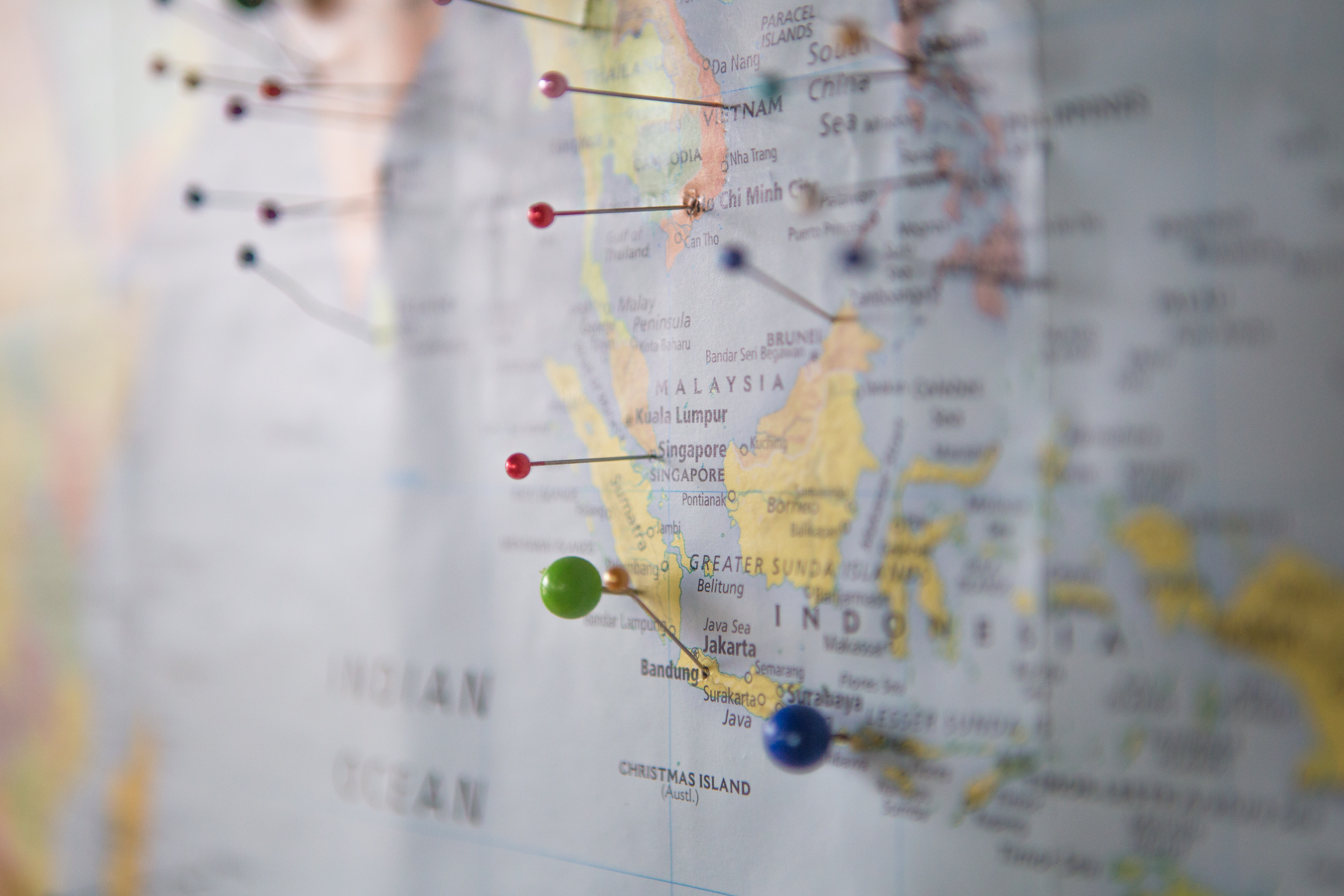
Immigration Matters | Indonesia Australia Comprehensive Economic Partnership Agreement – Immigration outcomes
Vol. 1 | 7 March 2019
On Monday this week, 4 March 2019, the long-awaited Indonesia Australia Comprehensive Economic Partnership Agreement (IA-CEPA) was signed by representatives of the Australian and Indonesian Governments. Indonesia has one of the largest economies in the world and negotiations for this agreement originally commenced in early November 2010.
The IA-CEPA will come into force once respective domestic treaty making processes have been completed by both Governments. In the meantime, a summary of the Immigration related provisions is outlined below, including those associated with an agreed skills development package.
Subclass 482 Temporary Skills Shortage (TSS) concessions and business visitors
The IA-CEPA includes a commitment from the Australian Government on the “movement of natural persons” and for the TSS visa program, the following will apply:
Intra-Corporate Transferees
Individuals seeking access to a TSS visa will still require sponsorship and nomination by an approved business however for eligible applications, exemptions would be available to formal Labour Market Testing on the basis of an International Trade Obligation applying, and restrictions on stay periods may not apply for the following cohort:
- Executives and senior managers employed by an Indonesian business who are being nominated fill a position with an Indonesian enterprise already established and operating in Australia, who will have responsibility for all or a substantial part of those operations – stay periods of up to four years will be available with the option for further renewals;
- Experienced trade, technical or professional specialists who have been employed by an Indonesian business for at least two years and who are being transferred to the already established Australian operations – stay periods of up to two years will be available with the option for further renewals.
- Independent executives being transferred to Australia to establish a branch or subsidiary of an Indonesian business, and who will have responsibility for all or a substantial part of those operations – a maximum stay period of up to two years will be available.
Business visitors
The Australian Government has also made commitments relating to the entry of business visitors from Indonesia as follows:
- Service sellers – sales representatives of an Indonesian service supplier entering Australia to negotiate for the sale of services or enter into a sales agreement on behalf of their employer – initial stay periods of three months, with an up to 12 months maximum;
- Business visitors seeking entry to Australia to participate in business negotiations or meetings, to negotiate the sale of goods or to engage in general business activities, including investment purposes – a maximum three month stay period will be available.
Australia/Indonesia Skills Development Package
Additional outcomes have been agreed under a skills development package which will see increases to the number of Work and Holiday visas available to Indonesian citizens and the introduction of two new pilot programs – a reciprocal skills exchange program and a workplace skills training program. This skills development package will also allow Australian vocational education and training providers to establish majority-owned joint venture training institutions in Indonesia.
Work and Holiday visa arrangements
Under a current separate agreement, up to 1000 places are available under the Work and Holiday visa for Indonesian nationals aged 18 to 30, allowing for a stay period of up to 12 months. When the IA-CEPA comes into effect, this limit will increase to 4,100 on commencement with smaller increases occurring over the following six years, up to 5,000.
Reciprocal Skills Exchange Program
The first new pilot program to be introduced under the IA-CEPA will allow business from both countries to send eligible staff to work for up to six months in the other country. Access to the pilot program will initially be limited to businesses operating in the following sectors: financial and insurance services, mining, engineering and related technical services, information media and telecommunications services.
Up to 100 exchanges will be available on commencement, increasing to 500 by year five. Interestingly, an Indonesian work permit will not be required for Australian participants and the sponsorship approval process for Indonesian organizations is to be simplified.
Workplace Skills Training Program
The second new pilot to be introduced will provide an opportunity for up to 200 Indonesians to participate in workplace skills training in Australia. Access to the program will again be restricted to specified sectors as follows: education, tourism, telecommunications, infrastructure development, health, energy, mining, financial services and information communication and technology. The program will require the Australian business to hold relevant sponsorship approval, and the workplace-based training will be restricted to a period of six months.
Summary
This agreement also provides a number of beneficial outcomes for outbound intra-corporate transferees, business visitors and other professionals from Australia who are seeking entry to Indonesia, subject to certain conditions and limitations being met (defined by service sector). You can read more about the commitments which have been made by the Indonesian Government regarding the entry of Australians at the Department of Foreign Affairs (DFAT) IA-CEPA page.
In a joint media release issued 31 August 2018, the Hon Scott Morrison, Prime Minister and Senator the Hon Simon Birmingham, Minister for Trade, Tourism and Investment noted that the IA-CEPA will create a stronger relationship between Australia and Indonesia, ensuring “increased prosperity for both Australians and Indonesians. It will further reinforce Australia’s strengths to build opportunities in Indonesia, as well as enable Indonesia to tap into economic prospects here in Australia”.
This bilateral commitment to simplify elements of the Immigration processes will certainly support future business and skills development between the two countries and is a welcome development in a global immigration landscape which seems increasingly subject to protectionist policy making.
If you would like to discuss these pending changes please reach out to your Mapien Migration contact or Sarah Pettit, Principal, on 08 9485 4200. You can also forward any queries by email to hello@mapien.com.au.

